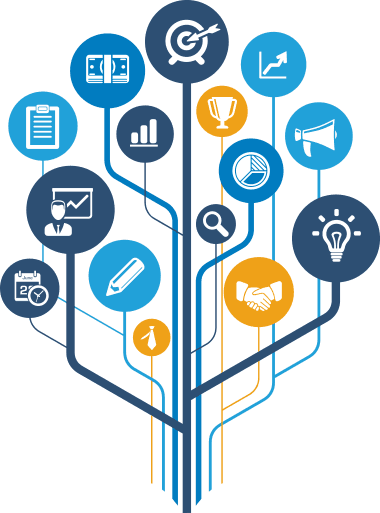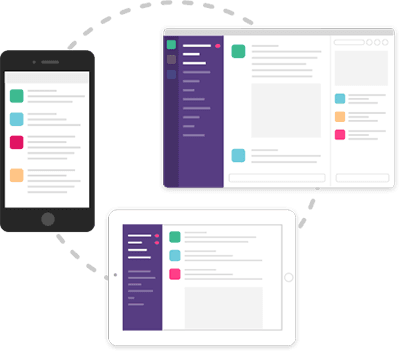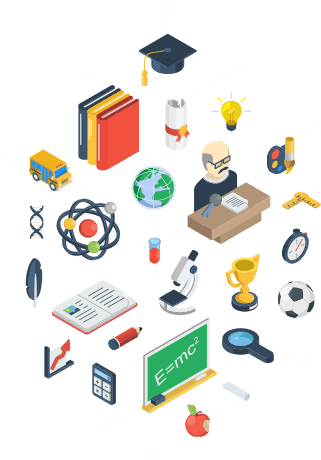A Unified Approach
The organization needs to take on a holistic approach to consider technology and architecture in order to effectively manage system integration. An approach that banks on maximum reuse and consistency to ensure robust data governance is the way to go for enterprises.
HokuApps business system integration offers access to all business information, regardless of structure, type or source i.e., from the mainframe, midrange systems, spreadsheets and XML documents. For an ever changing IT ecosystem, an open and platform-neutral architecture must be designed to create a unified architecture which ensures simplicity, accelerated development, deployment, and maintenance. HokuApps provides the best-in-class security, reliability, availability, and scalability.






